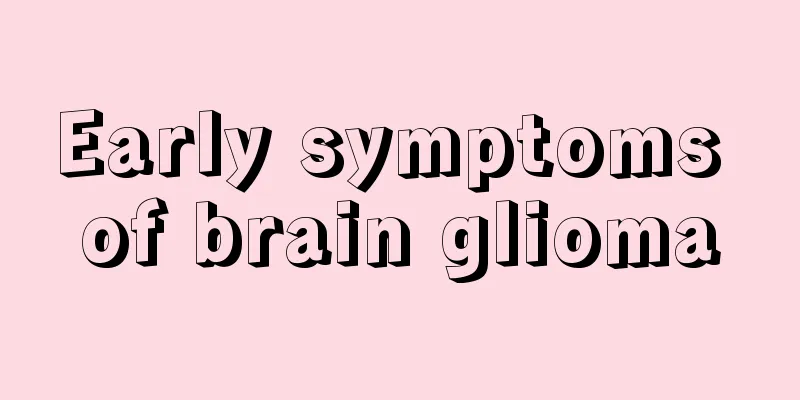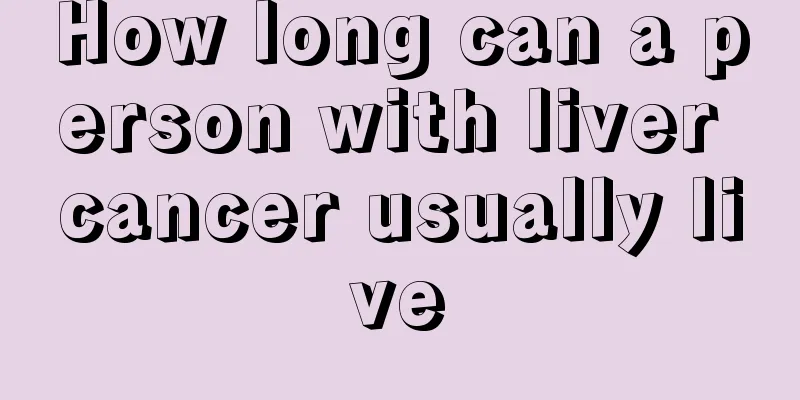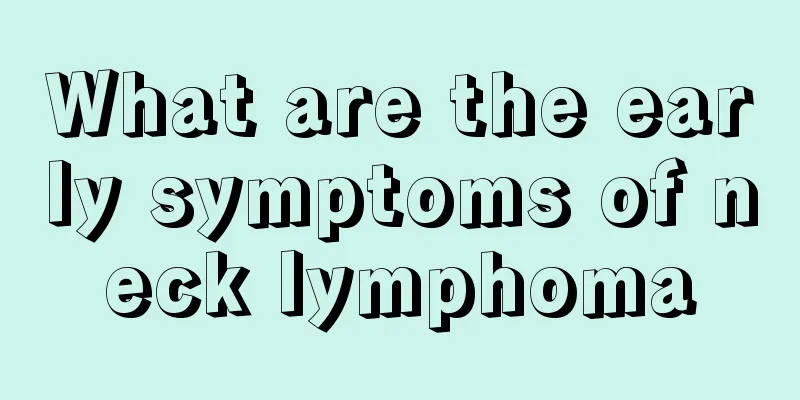Early symptoms of brain glioma

|
Early symptoms of brain glioma may include headaches, blurred vision, memory loss, etc., and timely medical diagnosis is required. Early detection can be treated with surgery, radiotherapy, chemotherapy, etc., and adjusting lifestyle can help alleviate symptoms. 1. Headache One of the most common early symptoms of brain glioma is persistent or gradually worsening headaches. This type of headache is usually related to the tumor compressing brain tissue or causing increased intracranial pressure. Headaches may be accompanied by nausea and vomiting, especially in the morning. If headaches are frequent and cannot be relieved by conventional painkillers, it is recommended to see a doctor as soon as possible for imaging examinations, such as MRI or CT scans. 2. Blurred vision Tumor growth may compress the optic nerve or affect the visual center of the brain, causing blurred vision, visual field loss, or double vision. Some patients may also experience eye fatigue or sensitivity to light. If vision problems occur, especially sudden changes in vision, an eye examination and brain imaging should be performed promptly to rule out the possibility of a tumor. 3. Memory loss Gliomas may affect cognitive function, causing memory loss, difficulty concentrating, or confusion. These symptoms may be related to the location of the tumor, especially if it is located in the frontal or temporal lobes. If significant memory loss or difficulty completing daily tasks is found, a neuropsychological evaluation and brain imaging are recommended. 4. Treatment methods Once a brain glioma is diagnosed, treatment options include surgery, radiation therapy, and chemotherapy. Surgery is the first choice and aims to remove as much tumor tissue as possible. Radiation therapy uses high-energy rays to kill remaining tumor cells, while chemotherapy uses drugs to inhibit tumor growth. The specific treatment plan depends on the type of tumor, its location, and the patient's health status. 5. Lifestyle Adjustment Patients can improve their overall health through a healthy diet, moderate exercise, and adequate sleep. It is recommended to eat more foods rich in antioxidants, such as blueberries, spinach, and nuts. Moderate exercise such as walking or yoga can help relieve stress and improve immunity. At the same time, maintaining a regular schedule and a good mental state are essential for recovery. Although the early symptoms of brain glioma are not obvious, headaches, blurred vision, and memory loss are signs that should not be ignored. Timely medical diagnosis and comprehensive treatment such as surgery, radiotherapy, and chemotherapy, combined with healthy lifestyle adjustments, can help improve treatment outcomes and quality of life. |
<<: What is the best way to treat left ovarian teratoma?
Recommend
What are the serious symptoms of anal papilloma
The popular explanation of anal papilloma is that...
Analysis of the causes of colon cancer
The incidence of colon cancer is increasing year ...
Does colonoscopy hurt?
After all, this is a hard object. Although it can...
What are the early symptoms of breast tumors?
Breast tumors are becoming more and more common. ...
What precautions should be taken after scraping
What precautions should be taken after scraping? ...
What causes confusion, nausea and vomiting?
In life, many people will experience symptoms of ...
How to resume eating after fasting without rebounding, the principle is to resume eating gradually
Nowadays, many people choose the method of fastin...
What to eat for fibroids
What should I eat for fibroids? It is unfortunate...
What to do if lips can't stop bleeding
In fact, our lips are very easy to get hurt, and ...
What are the early symptoms of brain cancer
Early symptoms of brain cancer include headache, ...
What are the specialties of Honghe Prefecture?
The Honghe Prefecture that people often talk abou...
What is the best way to train your pelvic floor muscles?
The pelvic floor muscles are the pelvic floor mus...
How to take care of cervical cancer after surgery? Common care methods after cervical cancer surgery
Cervical cancer is more common among many gynecol...
How to remove oil stains from clothes
Everyone changes and washes clothes every day. Th...
Can I apply olive oil if I have facial allergies?
If your face is allergic, it is best not to apply...









